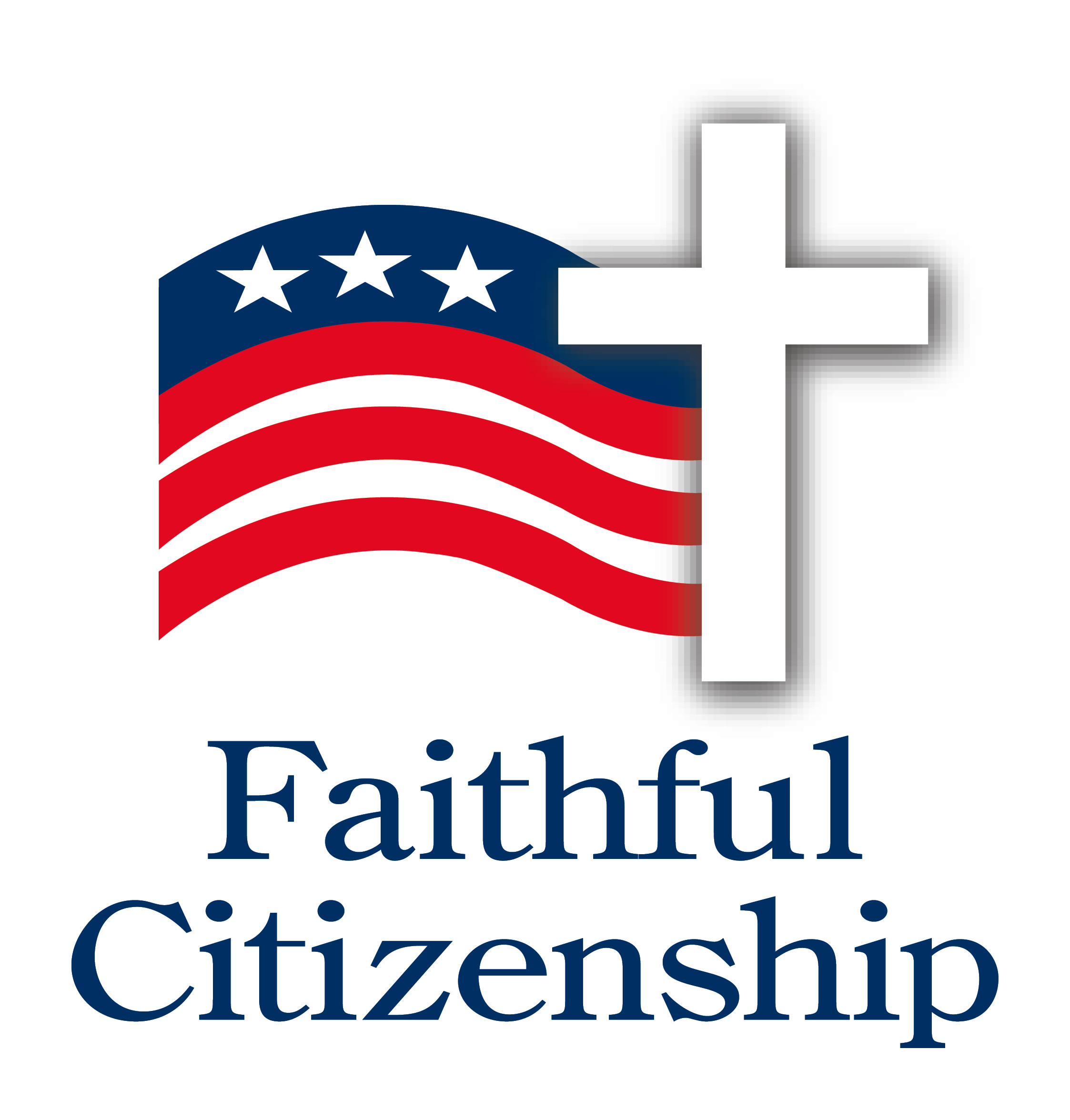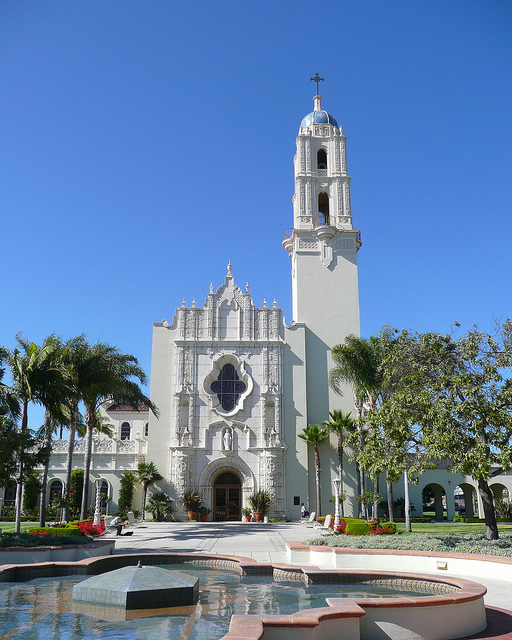With 59 days until the U.S. Presidential Election, voters still have time to research the candidate’s positions and discern in conscience how to vote. Some voter guides already available include the USCCB’s Forming Consciences for Faithful Citizenship: A Call to Political Responsibility from the Catholic Bishops of the United States (November 2015), NETWORK’s Priorities for a Faithful Budget, and the Paulist Fathers’ Statement on Moral Issues in the 2016 U.S. Presidential Election and Commentary on Civic Participation in the 2016 Presidential Election.
What these and other guides have in common is the claim that, as stated in Forming Consciences, “participation in political life is a moral obligation” (no. 13). This is something I have to keep reminding myself, because lately what I really want to do is crawl under a rock and wait until November 9th. Instead, the bishops remind us that “we are called to bring together our principles and our political choices, our values and our votes, to help build a civilization of truth and love” (14).
If you are looking for a Catholic publication that tells you exactly which candidates to vote for, you won’t find it in the links above. As the Paulist fathers write in their Statement, “As a community of Catholic priests, we do not endorse political candidates or political parties. But, the issues of 2016 are not just political. More than ever, the themes of this presidential campaign are moral ones that we, and all people of good will, are compelled to face and address.”
They go on, in their Commentary, to explain:
Ignorance is a serious obstacle to the correct formation of conscience – both ignorance of fundamental moral principles and ignorance of the realities regarding which decisions must be made. Faithful discipleship and responsible citizenship challenge us to honest study and prayerful discernment of political issues in the light of authentic Catholic moral principles and the data which actual human experience provides.
When Libertarian Candidate Gary Johnson asks “What is Aleppo?”, when Trump doesn’t understand the term “nuclear triad,” and Clinton claims ignorance about email classification strategies, it can feel like the candidates aren’t even doing their fair share of truth-seeking. (Can a blind person guide a blind person? Will not both fall into a pit? -Lk6:39) That does not mean that voters are off the hook. Nor does it mean that the candidates should be seen as ignorant to the same degrees. But perhaps it provides some encouragement for all of us to recall the importance of truth-seeking (explained so well by David Cloutier in our CMT Commentary).
In many ways, voter guides serve as reminders to pay attention. Moral discernment is hard work. Moral discernment is messy. Moral discernment requires thoughtful listening, weighing of evidence, articulating principles, and applying them to particular cases. Faithful citizens read newspapers, investigate claims made by candidates, discuss policies with trusted friends, seek guidance in prayer, and contribute to a respectful dialogue on contested issues. In writing about the virtue of prudence, the bishops explain that “we have a responsibility to discern carefully which public policies are morally sound. Catholics may choose different ways to respond to compelling social problems, but we cannot differ on our moral obligation to help build a more just and peaceful world through morally acceptable means” (20).
If, like me, you would rather crawl under a rock, perhaps now is the time to recommit to civic participation, and to do so in a way that fosters dialogue and discernment.



